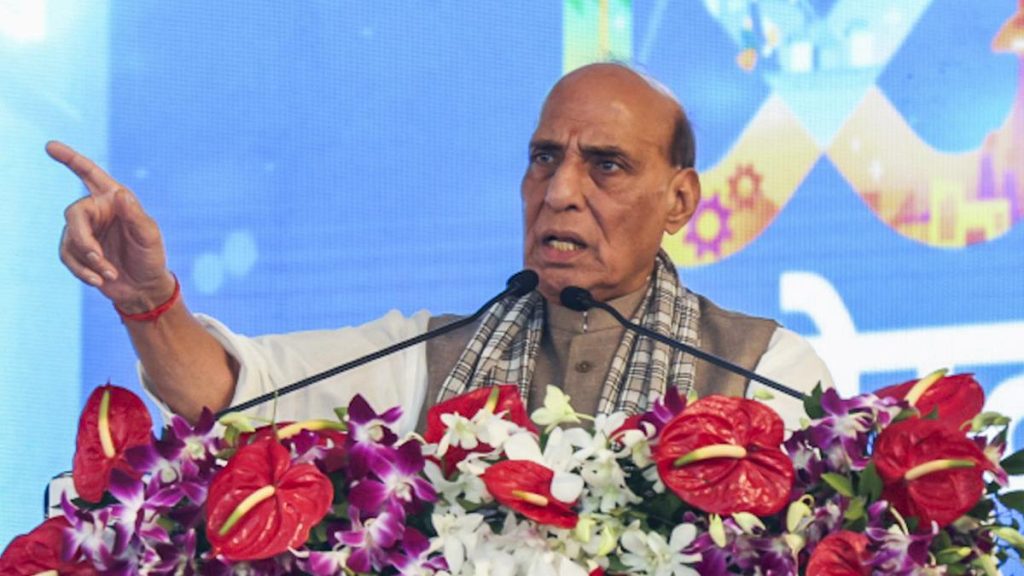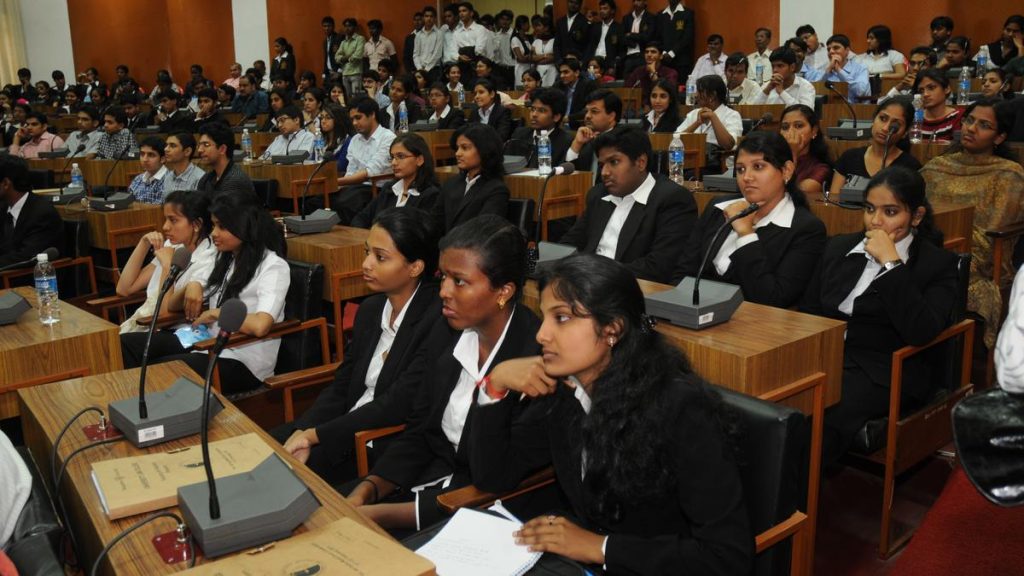Now Reading: Call for Revised SC Reservation Report Sparks Protests
-
01
Call for Revised SC Reservation Report Sparks Protests
Call for Revised SC Reservation Report Sparks Protests
Swift Summary
- Members of the Scheduled Castes Right Community Internal Reservation protection Committee protested on Thursday in Kalaburagi against the H.N. Nagamohan Das Commission report.
- Thousands marched from Jagat Circle to the Deputy Commissioner’s office after paying tribute to B.R.Ambedkar.
- Protesters blocked vehicular movement for two hours, causing traffic congestion and jams in narrow streets.
- Demonstrators burned copies of the report, claiming it was unscientific and biased, particularly in it’s clubbing of sub-castes from Scheduled Castes Right under Scheduled Castes Left categories.
- State vice-president of BJP’s Scheduled Castes Morcha Ambaraya Ashtagi argued the population size data for Scheduled Castes Right communities was underestimated at 30 lakh instead of their claimed 40 lakh.
- Leaders reported flaws in survey methodology, citing deleted entries due to app issues and Aadhaar-based errors leaving out around eight lakh children without identification cards.
- Protest leaders clarified they were not opposing reservations given to Madiga community but demanded a fair share based on accurate population numbers for Scheduled Castes Right groups.
- A memorandum addressed to Karnataka Chief Minister urged corrections before goverment approval.
Indian Opinion Analysis
This large-scale protest highlights dissatisfaction among some Dalit communities over perceived inequities in internal caste reservation policies. The opposition stems mainly from concerns over census inaccuracies and methodological flaws alleged during data collection efforts. Such disputes point toward complexities inherent within balancing equitable social justice measures while navigating intra-community divides.
The protesters’ clarification that their grievances are directed towards procedural errors rather than other beneficiary groups signals an attempt to avoid escalating tensions between sub-castes. Though, claims regarding flawed population surveys-and technological difficulties-raise broader issues about governance transparency and reliability in policymaking processes.
The disruption caused by protests underscores how deeply this issue resonates politically and socially among affected communities. If unresolved equitably, these concerns may fuel further unrest while complicating policymaker designs meant for inclusive growth within Karnataka’s broader framework of affirmative action.
For further reading: Link Source























